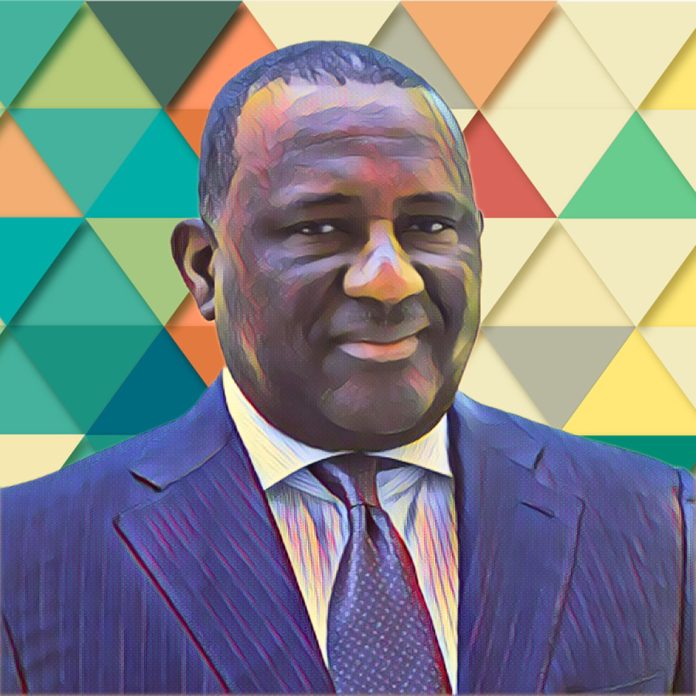KEY POINTS
- Abdul Samad Rabiu nears $10 billion after share surge.
- BUA Foods and BUA Cement profits fuel wealth growth.
- Currency gains and dividends boost Rabiu’s fortune.
Abdul Samad Rabiu, a millionaire businessman from Nigeria, is getting close to a big milestone in his personal riches. Forbes says he is currently worth about $9.2 billion, which is about $800 million less than the second Nigerian who is worth more than $10 billion.
Rabiu chairs BUA Group, a Lagos-based industrial powerhouse with interests spanning cement, sugar, flour, and infrastructure. His growing wealth mirrors the strong performance of BUA Foods and BUA Cement, both of which have delivered remarkable gains this year.
BUA Foods’ stock has surged about 66 percent, while BUA Cement’s has jumped roughly 93 percent. The rally has lifted the market value of Rabiu’s 92.6 percent stake in BUA Foods to N12.2 trillion ($8.4 billion) and his 97.66 percent holding in BUA Cement to N5.96 trillion ($4.1 billion).
Profits soar across BUA companies
BUA Foods reported revenue of N912.5 billion ($596 million) for the six months ended June 30, 2025, up 36 percent from a year earlier. Its profit nearly doubled to N260 billion ($169.8 million), fueled by higher volumes, stronger pricing, and lower finance costs.
BUA Cement also did well, with revenues jumping from N363.94 billion ($237.7 million) in the first half of 2024 to N580.3 billion ($380 million) a year later. Profit jumped more than fivefold to N180.89 billion ($118.1 million), underscoring its growing dominance in Nigeria’s construction sector.
Abdul Samad Rabiu’s rising fortune amid debt concerns
Rabiu’s wealth has also been boosted by dividends and currency gains. According to Billionaires Africa, in September, he received N216.75 billion ($144.4 million) in dividends from BUA Foods, the bulk of the company’s final payout for its 2024 fiscal year. Analysts think that rewards will get much bigger in the next few years as profits rise.
The naira’s 12 percent rise versus the dollar in the past year has made his net worth in dollars even stronger. Economists claim that the growth is because of President Bola Tinubu’s economic reforms.
However, Rabiu’s fortune remains tempered by debt. Bloomberg previously reported that his liabilities exceeded $2.98 billion as of late 2023, underscoring the financial leverage behind his empire’s expansion.
Even so, Rabiu’s steady rise highlights how strategic investments, expanding market value, and favorable economic trends are reshaping the wealth landscape among Nigeria’s business elite.



